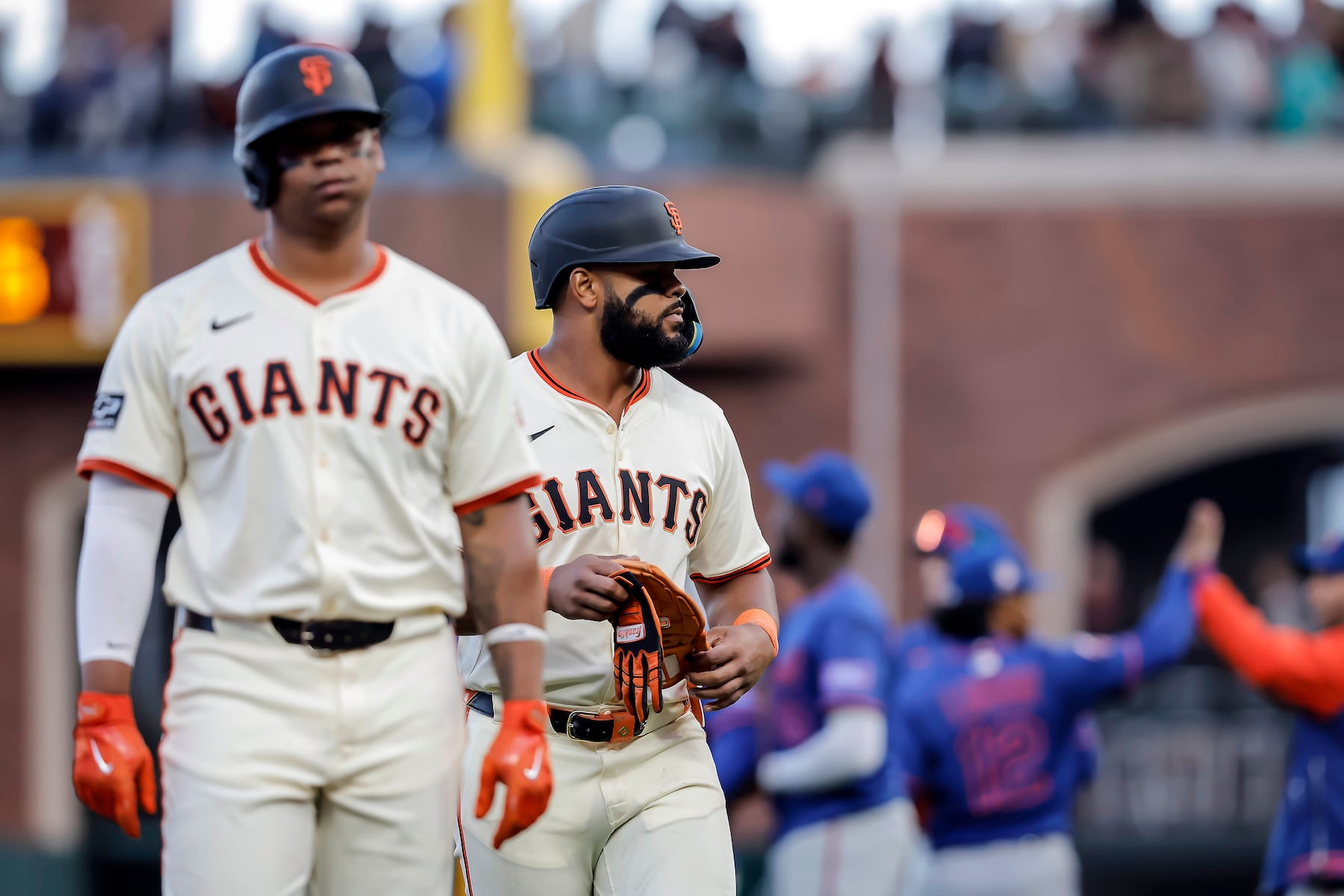The San Francisco Giants find themselves in a precipitous spiral, their postseason aspirations dimming significantly as a direct consequence of their mid-season acquisition of star third baseman Rafael Devers from the Boston Red Sox. What was initially hailed as a pivotal move to inject much-needed offensive power into the Giants’ lineup has instead coincided with a dramatic downturn in the team’s performance. The hope that Devers would be the catalyst for a playoff push has, thus far, been largely unfulfilled, leaving fans and analysts questioning the immediate future of the franchise.
Since the highly anticipated trade, the San Francisco Giants have struggled immensely, posting a dismal 2-8 record in their last ten outings and enduring a painful seven-game losing streak on their home turf. This alarming slump represents a significant regression, with the team managing only 13 wins in their last 36 games. This period marks a stark contrast to their earlier form, raising concerns about the team’s ability to compete in the highly competitive National League West.
As of Wednesday’s pivotal game against the Pittsburgh Pirates, the San Francisco Giants stood at a pedestrian 54-54 record, a precarious position that places them firmly on the outside looking in regarding the current postseason picture. Their statistical probability of reaching the playoffs has plummeted to a mere 16.1%, a sobering figure that underscores the severity of the team’s recent struggles and the daunting challenge they face in the remaining weeks of the season. The dream of a deep Baseball Postseason run appears increasingly distant.
Prior to his move to the Bay Area, Rafael Devers was enjoying a productive season with the Boston Red Sox, boasting a .272 batting average, 15 home runs, and 58 RBIs. Despite navigating a challenging start to the 2025 season, Devers had seemingly found his rhythm, consistently contributing at the plate and showcasing the powerful swing that made him a highly sought-after commodity. The Red Sox Trade was supposed to bring this offensive consistency to San Francisco.
However, Devers’ tenure with the San Francisco Giants has been marked by an unexpected and significant decline in production. In 36 games since joining the club, his batting average has dipped to a concerning .224, and he has struck out a staggering 48 times, indicating a struggle to adapt to new pitching or perhaps the pressures of a new environment. Furthermore, his defensive performance at his new position has also been inconsistent, a factor that, while anticipated given his limited prior experience there, has nonetheless impacted the team.
Giants president of baseball operations, Brian Sabean, made a bold move in acquiring Devers, a decision that initially seemed to galvanize the team and their fan base. There was a brief period where the team’s fortunes appeared to be turning, with a noticeable uptick in performance immediately following the trade. Yet, that momentum has conspicuously failed to carry over, leading to the current state of disarray and highlighting the unpredictable nature of mid-season roster adjustments.
It is crucial to acknowledge that the San Francisco Giants’ current spiral cannot be attributed solely to Rafael Devers. The team’s collective performance has faltered, with multiple factors contributing to their extended slump. Nevertheless, Devers’ struggles have undeniably amplified the existing weaknesses, placing additional pressure on the front office as the crucial MLB Trade Deadline looms. With the Giants now nine games behind the first-place Los Angeles Dodgers, strategic decisions regarding the roster’s future are imminent and paramount.






Leave a Reply